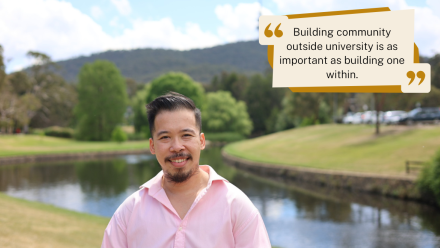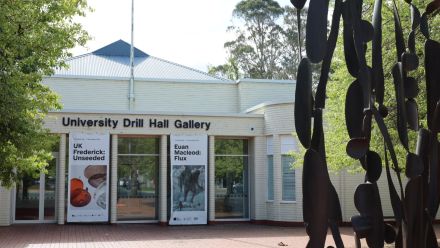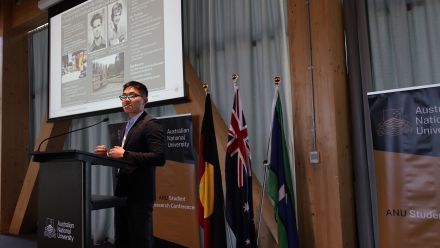Transforming healthcare one conversation at a time
We believed what was needed was an interdisciplinary approach, with people who understand language and communication — the outsider perspective — collaborating with healthcare professionals — the insider perspective.
Effective communication is essential in most aspects of life, especially when it comes to patient care in hospitals.
Every day, communication problems in hospitals around the world lead to many avoidable critical incidents.
In Australia alone, it is estimated that 500,000 people per year are harmed by the hospitals they go to for care.That is, they suffer from an avoidable critical incident, and it is estimated that over 90% have a communication failure component.
For example, these can be misunderstandings between patients and clinicians, such asdiagnoses or treatment options, as well as omissions and failures to clarify ambiguities and confusions in the handover process.
"Manypatients we have interviewed say they do not feel heard and often do not understand what is being said to them," says Professor Diana Slade, Director of the ANU Institute for Communication in Healthcare (ICH).
"All too frequently, they are not even part of the conversation about what's happening to them."
And thisproblem is only getting worse around the world.
Why is this? Diana says that one important factor is that the pressure and demand on hospitals in Australia and across the world is increasing exponentially because of the ageing demographic and co-morbidities of modern lifestyles, such as diabetes and smoking.
However, it is also due to a lack of evidence-based research and data on why and how communication failures are happening.
In response to this problem,Diana and her team-with encouragement and support from the ANU College of Arts & Social Sciences and the ANU Medical School-launched the ICH in 2018, bringing together linguistswith academic and practising healthcare professionals.
"We believed what was needed was an interdisciplinary approach, with people who understand language and communication-the outsider perspective-collaborating with healthcare professionals-the insider perspective," Diana says.
Today, theICH is an internationally renowned research centre that is unique in focusing on healthcare communication research that is translational, interdisciplinary and international.
Its mission is to undertake and translate cutting-edge research into best practice and training for safe and compassionate health care.
The goal of ICH is to transform healthcare practice in Australia and around the world.
A current ICH project, Communication in Nursing Handover (CNH), in collaboration with St Vincent's' Hospital Grouppaysparticular attention tocommunication in clinical handovers. CNH has been generously supported by the Geoff and Helen Handbury Foundation.
The CNH project is basedon the outcomes of a 3-year Australian Research Council grantacross 4 states of Australia. Diana and her team collected, transcribed and analysed over 800 authentic handover events in hospitals, including medical ward rounds (in NSW), shift-to-shift nursing handovers (in ACT), interprofessional mental health handovers (in SA) and rural to metropolitan handovers (in WA).
The focus of CNHis on shift-to-shift nursing handovers, the aim of which is to improve nursing handovers across an entire ward and to promote compassionate, patient-centred care.
"To really ensure there is long-term change, we go into the wards and directly work with patients and staff to come up with recommendations for organisational-level change. This is what can we do to change communication practices in hospitals," Diana says.
Diana and her team have successfully delivered CNH across 8 wards in threeSt Vincent's hospitals in Australia between 2018 and 2022, which has led to significant and long-termchanges in communication and cultural practices and clinical outcomes.
"Improving communication practices across a ward changes the culture of that ward and only then does this intervention impact on long-term sustainability and inclusiveness."


